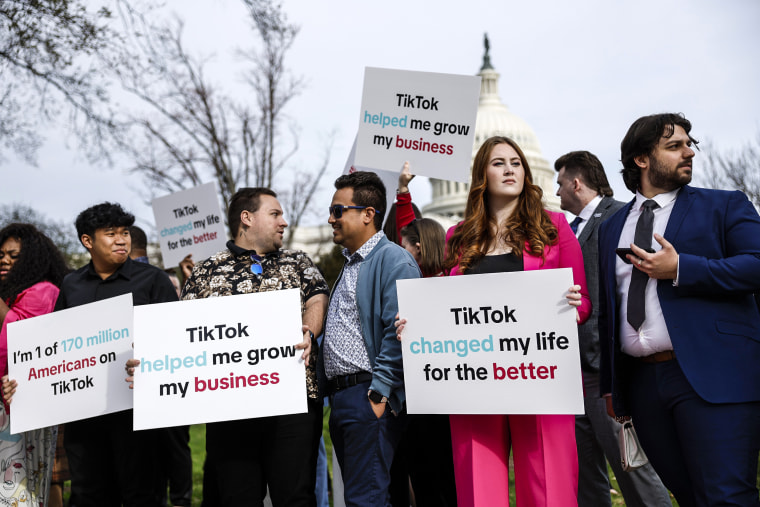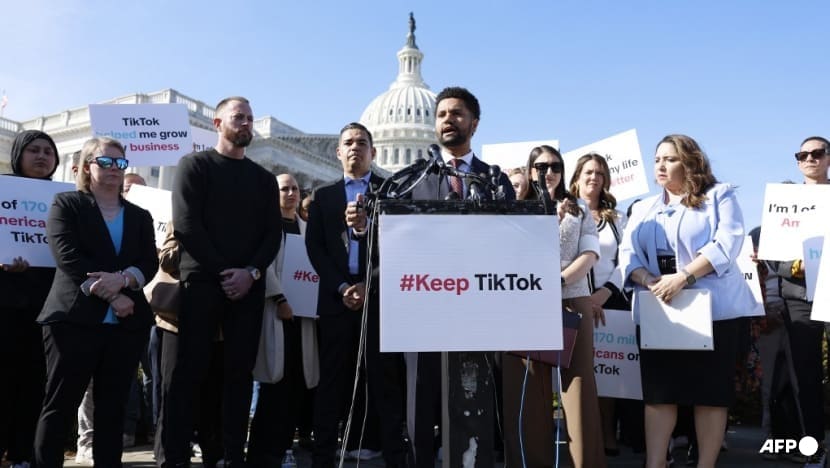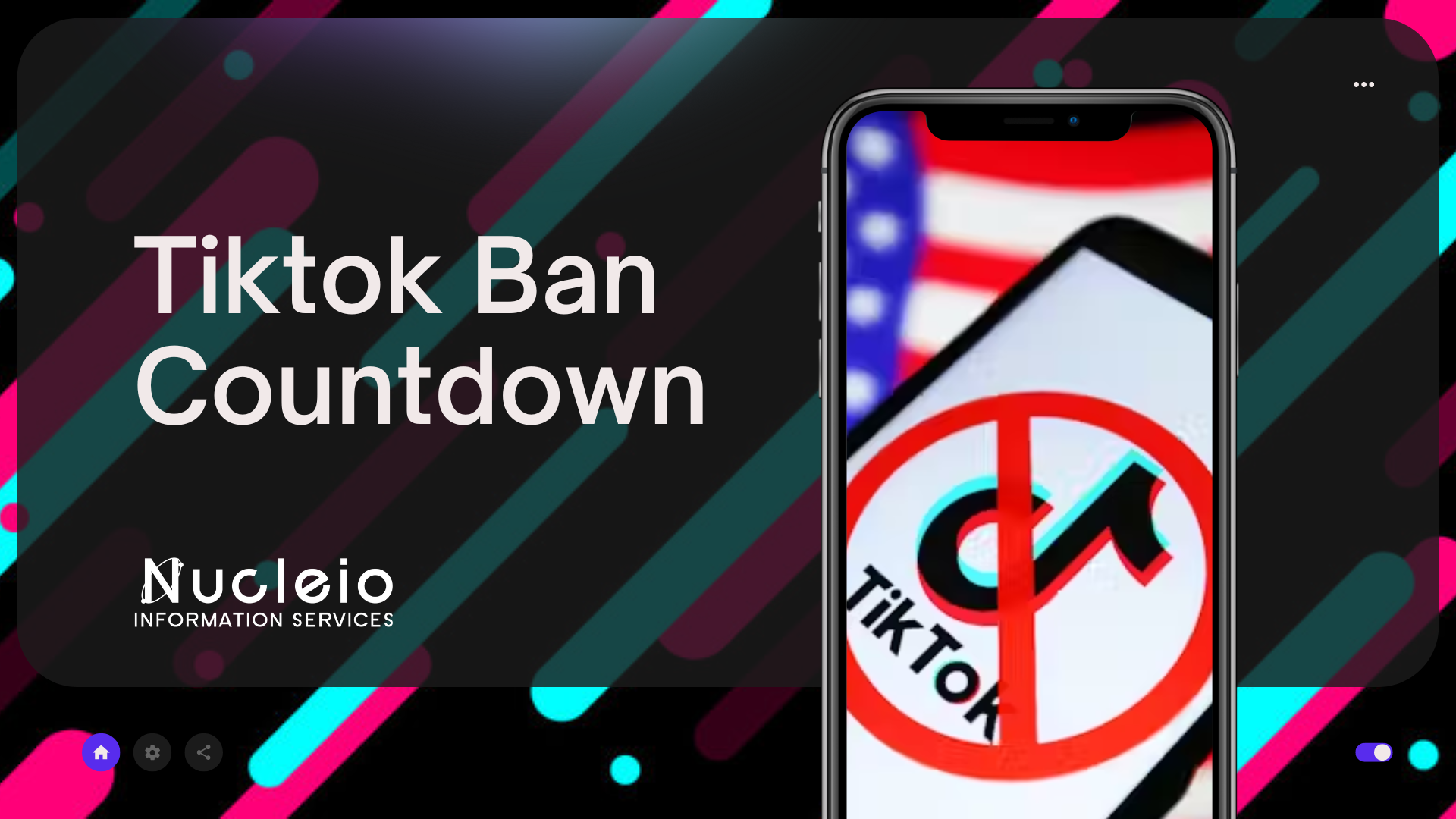In a monumental decision, President Biden has signed a bill that marks a significant turning point in the ongoing saga. The issue surrounding TikTok‘s presence in the United States has been addressed. This bill initiates a ban on the popular social media platform and introduces a divestment plan for foreign aid. The implications of these actions ripple far and wide. It sparked debates and raised critical questions about national security, economic interests, and global relations. In this blog, we delve into the intricacies of this development. Let’s examine the motivations behind the ban, the potential ramifications of the plan, and the array of responses it garnered. Now, we navigate through the complexities of President Biden’s decision and explore the future of digital governance, diplomacy, and freedoms.
The Ban on TikTok

The newly enacted legislation sets a clear deadline for ByteDance to divest its ownership of TikTok, with a one-year timeline. ByteDance has an initial nine-month window to negotiate a deal. This is also with the possibility of a three-month extension should President Biden perceive progress. This bill represents a culmination of efforts to address concerns over national security and data privacy associated with TikTok’s ownership. The ban underscores deep-seated concerns regarding data privacy, national security, and the influence of foreign-owned entities in shaping online discourse. As discussions surrounding the ban intensify, questions arise about the implementation process, its impact on millions of users, and the potential repercussions for the broader social media landscape.
Political Maneuvering and Legislative Process

The journey of the TikTok ban bill through Congress was marked by political maneuvering and strategic packaging. Initially passed in the House as a standalone bill with a shorter divestment timeline, it faced potential stall-out in the Senate. However, the bill gained momentum when packaged with foreign aid to US allies, compelling the Senate to consider the measures together. The extended divestment period also garnered support from lawmakers previously on the fence.
National Security Concerns

At the heart of President Biden’s decision lies the paramount concern for national security. Lawmakers and intelligence officials express apprehension regarding TikTok’s ownership by a Chinese company, citing potential risks to the data of its American users. This concern primarily stems from a Chinese national security law that empowers authorities to compel companies operating within its jurisdiction to disclose internal information. The ban on TikTok and the proposed divestment plan signal a proactive approach to safeguarding sensitive data and critical infrastructure from potential threats posed by foreign entities. Yet, amidst these efforts, questions linger about the extent of the perceived risks, the efficacy of regulatory measures, and the balance between security imperatives and individual liberties.
Economic and Geopolitical Ramifications

The ramifications of the TikTok ban and the foreign aid divestment plan extend far beyond security considerations, encompassing economic and geopolitical dimensions. Disruptions in digital markets, shifts in trade dynamics, and recalibrations in diplomatic relations may ensue as a result of these actions. Stakeholders across industries must navigate the evolving landscape, anticipating both challenges and opportunities in a rapidly changing global environment.
Response and Reactions

TikTok has swiftly responded to the legislation, expressing intent to challenge its constitutionality in courts. Legal proceedings could potentially prolong the timeline if courts delay enforcement pending resolution. Additionally, there are uncertainties regarding China’s response and its willingness to allow ByteDance to sell TikTok, including its coveted algorithm. The outcome of these legal battles and diplomatic negotiations will significantly influence the future trajectory of TikTok.
Unsurprisingly, President Biden’s decision has elicited a spectrum of responses from various stakeholders, ranging from staunch support to vehement opposition. Advocates applaud the government’s proactive stance on national security and data privacy, while critics express concerns about potential repercussions for innovation, free speech, and international cooperation. As the debate unfolds, understanding these diverse perspectives is essential for fostering informed dialogue and shaping future policies.
Tik tok~ President Biden’s signing of the TikTok ban bill and the accompanying foreign aid divestment package represents a significant step in addressing pressing national security concerns. However, the full impact of these measures remains to be seen, with implications spanning economic, geopolitical, and societal domains. As events continue to unfold, it is crucial to monitor developments closely and engage in informed discussions to navigate the complexities of this evolving landscape.

